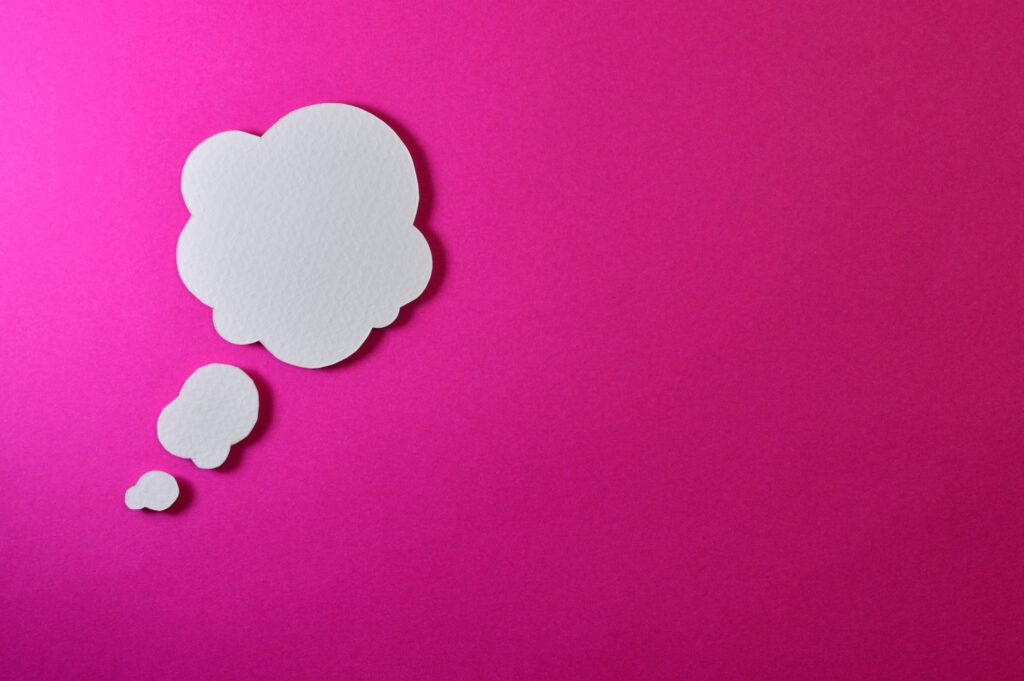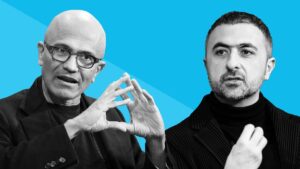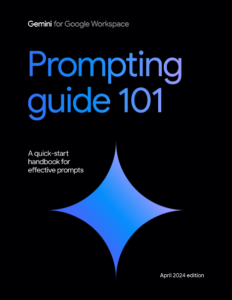
Miguel Á. Padriñán, Pexels.com
Henry Ford famously said, “If you always do what you’ve always done, you’ll always get what you’ve always got.” So how do you find novel approaches to solving old problems?
More Intelligent Tomorrow host Dave Anderson sits down with Brian Solis to talk about interesting ways to get creative solutions to our long-standing challenges. Please listen to the full podcast here.
Dave Anderson is a keynote speaker, tech evangelist, and podcast host with a refreshing perspective on marketing, analytics, and technology.
Brian Solis is a digital analyst, speaker, and author. Brian currently serves as the Global Innovation Evangelist at Salesforce. His work focuses on thought leadership and research into studying disruptive technologies.
They begin their conversation talking about what disruption is and what it isn’t.
At the heart of it, disruption isn’t about technology. It’s about changing the norm. It’s about shaking people out of their comfortable ways of thinking to find new and better ways to approach problems.
Doing the same thing over and over can saturate a market. Eventually it calls out for something new. Just like a wildfire can renew a forest, disruption becomes a means for reinvigorating a market.
But companies today are still using legacy systems designed for scale and efficiency to protect themselves from disruption in the future. They’re still the wrong tools for the job.
“76% of all employees say that they don’t feel that they have the digital skills necessary to work in this new economy.”
We don’t have all the answers. We can only scenario plan so much. That’s the nature of disruption. If we’re going to fix this skill gap and be ready for change to come, everyone needs to feel involved. Everyone needs to feel relevant. Agreeing to change requires empathy toward everyone involved.
Empathy is just as important as intelligence.
By being empathetic to what the workforce needs to succeed in the future, we can build these skills into our education system. We can bring up a generation that’s prepared to take on new disruptions and thrive.
The best way to accelerate creativity and innovation within organizations is to be empathetic and give people the room they need to follow ideas that are outside their normal work. Companies like Google with their 20% program not only understand this, but they practice it.
Empathy is understanding how someone else sees the world. A lack of empathy is one of the reasons we don’t respond well to change. Without empathy, we lack a sense of urgency to change that doesn’t immediately impact us. The gift of empathy is a powerful tool.
Brian transitions onto the topic of our smartphones and how they have managed to rewire the way we think and change the way we learn. No longer is education just about top-to-bottom, left-to-right, Z-formation learning. Education today needs to be more immersive. It needs to embrace dynamic, individualized learning, and AI can help. It can create lessons to help people learn at their own pace and in a way best suited for them. Empathy for the student combined with AI can bring a needed disruption to the education market.
An anecdote from Brian about the TV show, Ted Lasso, brings him around to talking about how company management needs to develop more empathy.
A problem with current leadership is that they don’t stop to ask questions. They aren’t curious. They don’t put themselves in their customer or employee’s positions. They need to learn to ask “why” over and over. Kids do it naturally, and we should embrace it as a path toward continuous evolution.
Dave closed out the show by asking Brian how he thinks we get more intelligent.
“Try not to be better than anyone else, try to be better than you were yesterday.”
This episode includes discussion of:
- Embracing disruption as an agent of positive change
- Asking if we’re ready for the changes ahead of us or planning for the a future using tools of the past.
- Leveraging empathy to find creative solutions to our problems
- The role of empathy in our thinking about education
- Asking, “why” over and over as a tool to achieving continuous evolution
And Now a Leadership Lesson from Ted Lasso
If you watch Ted Lasso, you’ll recall the wonderful scene in which he challenged Rupert to a game of darts as a gentleman’s way of helping Rebecca regain respect and confidence while also teaching us an important lesson in humility, curiosity, and humanity.
He was inspired by a quote he saw painted on a wall, “Be curious, not judgmental.”
I had the privilege to join my friend @Dave Anderson at DataRobot on the excellent podcast, “More Intelligent Tomorrow.”
I applied Coach Lasso’s lesson to today’s executive leadership.
If leaders were curious, they would ask more questions. The answers could unlock empathy and reveal creative solutions to our problems and unlock new opportunities.
The problem with legacy management is that they don’t ask questions. They’re not as curious. They can be judgmental. They project themselves onto their customers and employees. But the more curious, the more empathetic they can become.
Barbecue sauce. 🎯
Please listen to the full podcast here.
[simple-author-post]




Leave a Reply